Scribbling down the doodled Humboldt County roads, winding one’s way to the remote farms of Honeydew, it’s easy to get lost in the majesty of some of the most beautiful country in the world. It’s a difficult, sometimes harrowing but epically enjoyable drive – past washed-out hillsides, savage switchbacks, hidden driveways and tiered hoophouse gardens.
It’s out in sweet, secluded Honeydew, on the edge of civilization, that Mattole Family Farms found its piece of pot paradise.
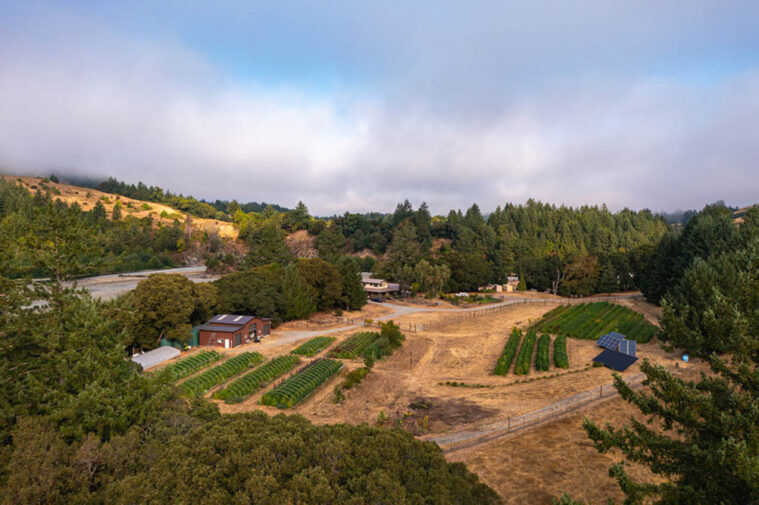
Founder Dylan Mattole grew up in the area, and though he moved away for a time to earn a living in commercial real estate, his life out in the wilds of Humboldt kept beckoning him back.
“My dad changed the family name officially, soon after I was born, to Mattole,” Mattole said. “He named the family after the river, and we lived on the river. It’s been a long ride, but we’re still here, still going.”
Adopting what he describes as a “homesteading” approach to farming, Mattole isn’t trying to be the biggest or the fanciest farm. He does, however, want to be known for excellence.
This small craft farm has become known for phenomenal expertise in cultivation, especially when it comes to washing strains for hash-making, a pursuit Mattole started in earnest in 2020. Now, aside from one small batch of flower for The Pairist to use in a collaborative pre-roll project, Mattole farms exclusively for hash. They work with some amazing hash-makers, including Ay Papi, Nasha, Master Makers and Hashish (Their Purple Papaya six-star full melt collab with SoCal-based hashmaker Ay Papi won the coveted 2025 California Leaf Bowl Award in the Full Melt category).
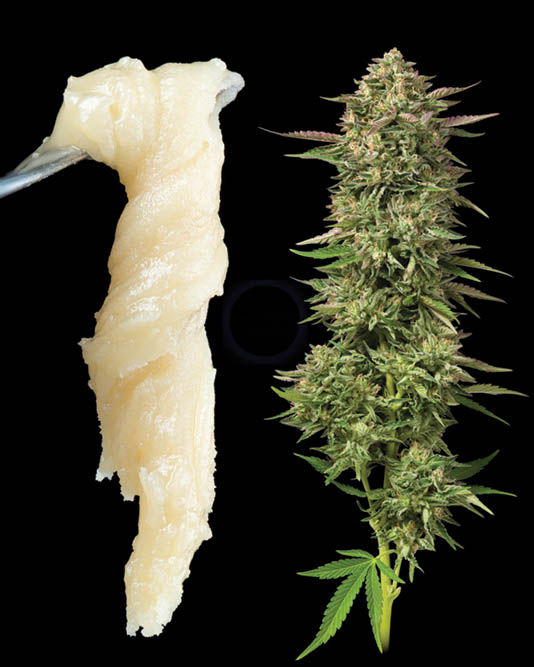
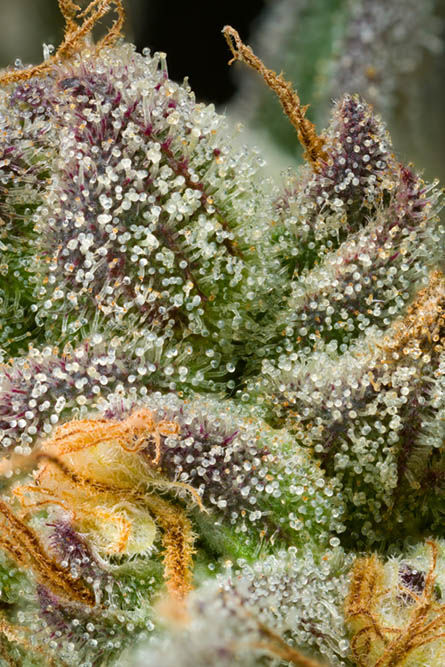
“We’re working with Punch Extracts for the first time this year,” Mattole said. “We feel fortunate that we’re getting a lot of calls for our product right now.”
In the early days post-launch of the regulated adult-use market, Mattole’s path wasn’t so clear. At first, they launched their own finished flower brand.
“I put it out and didn’t get paid for most of it, and I realized that’s dangerous,” Mattole said. “I need to focus on relationships instead.”
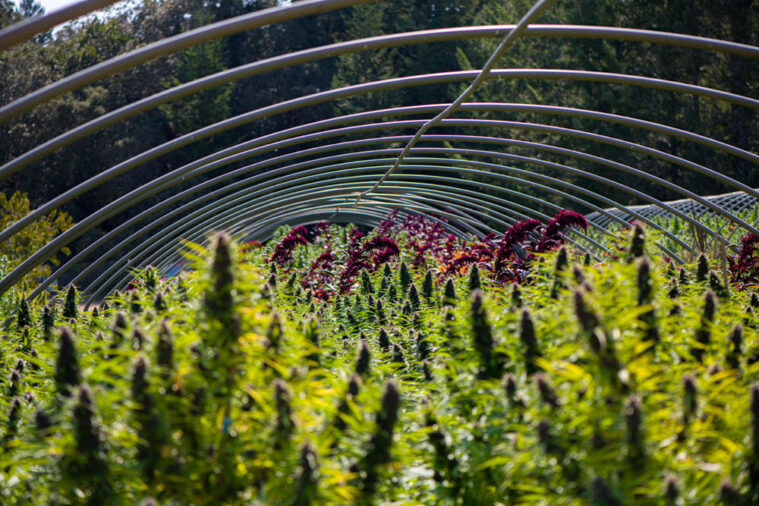
Now, he listens to his partner brands, what they say they need and what the market needs, and they aim to fulfill those needs. Demand is up and production is down, so things are looking good this year. Most of their 25 hunted and washable cultivars for 2025 have already been accounted for.
“I’ve been gravitating toward hash and rosin, because that’s what people want from me,” Mattole said. “There’s a lot of reasons why fresh frozen works for me. The way that I grow, full sun, in-the-ground native soil … it’s all very simple old-fashioned farming and it turns out that it produces really good resin. Since I started doing that, the demand has grown more and more. We’ve been putting more and more into the freezer. Before, we were drying more batches for cured traditional hash, temple ball hash. For being off-grid, this works much better for me.”
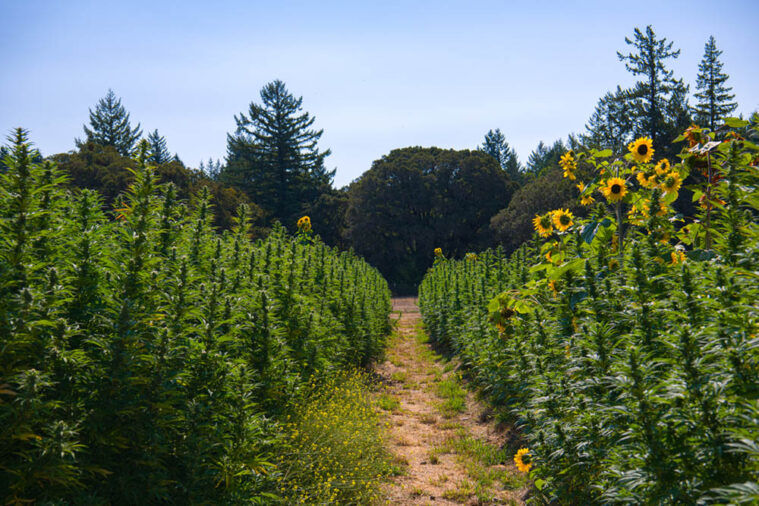
That said, switching to washers isn’t the solution for just any farm who’s having trouble offloading their finished flower. You have to develop it and it takes a specific set of skills.
“You can’t just decide to do this because the flower market sucks,” Mattole said. “I’ve been working up to this for a long time. It’s definitely a specialty crop and it takes different infrastructure.”
Mattole takes an intentional approach to selecting the perfect strains for his clientele. He works with local nurseries such as Pacific Roots Cannabis to gather genetics and he spends the winter doing pheno hunts. He then puts out a menu of genetics and sends it to buyers. They tell him what they’ll want to see out of the coming year’s harvest.
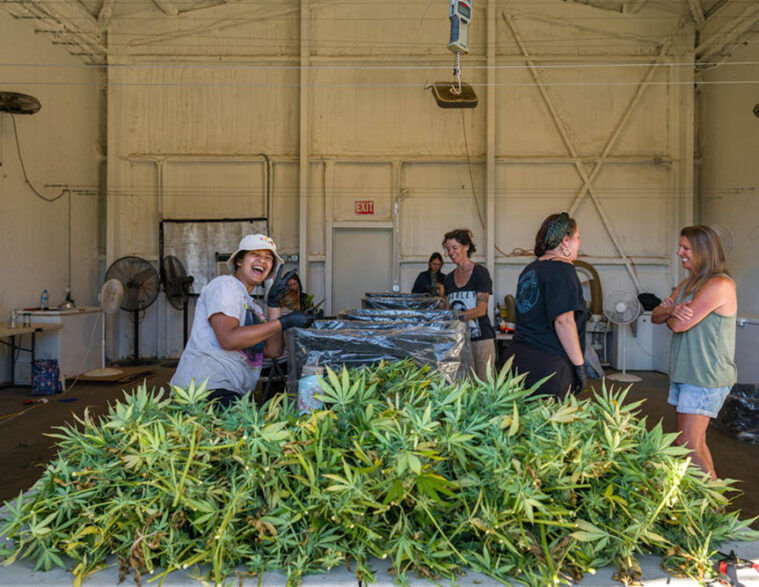
“Then that’s what I put in the ground,” Mattole said of his method of demand planning. “That’s why we’re still in business. I’ve been trying to do this for a long time.”
His form of success has taken a combination of talent, skill, happenstance and smart decision-making.
“It’s a very challenging market,” Mattole said. “It’s competitive. There are massive farms that are doing fresh frozen and selling that product at a much different price than we are. I think the proof is in the pudding.“
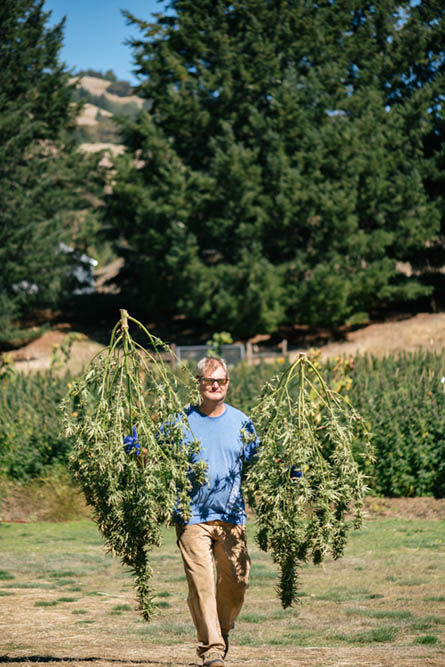
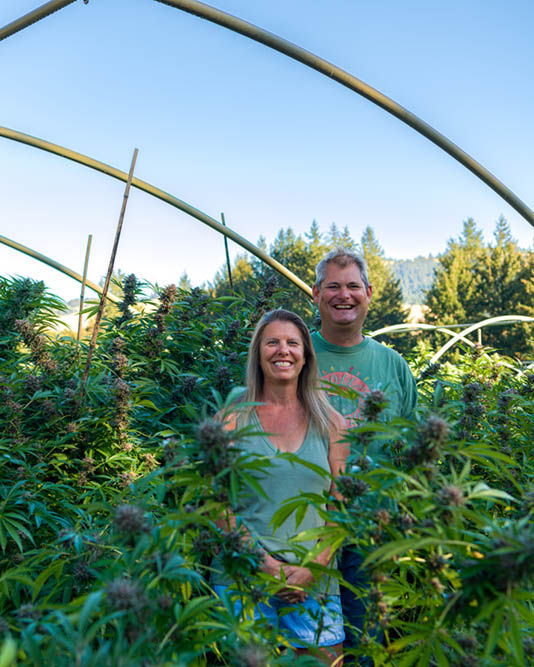
Key strains:
MVP23
Paradise Rose (from Huckleberry Hill)
Purple Papaya
Whitethorn Rose
Mazapan (new for 2025)









